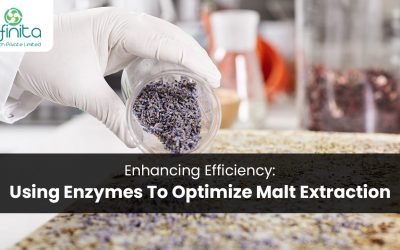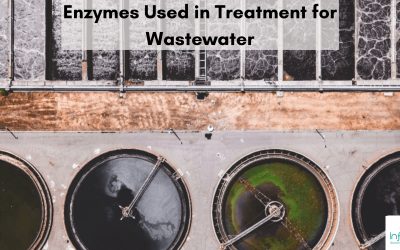Cellulase Complex Enzymes For
Cellulosic Ethanol
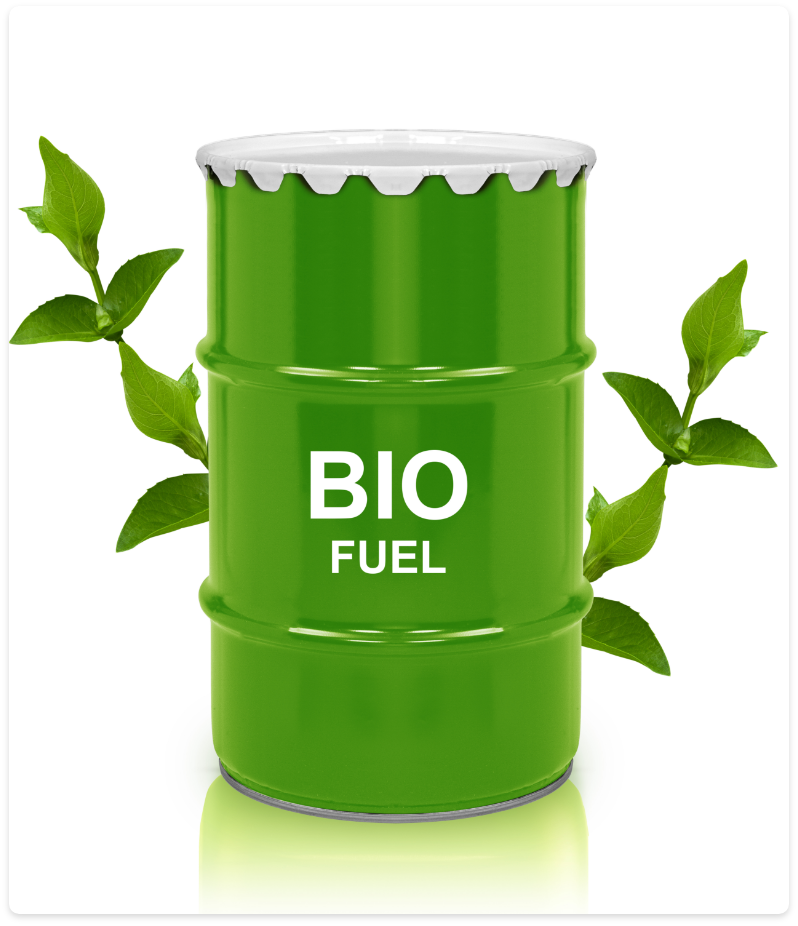
Cellulosic Ethanol, or Second-generation Ethanol, is a biofuel produced from cellulose (the stringy fibre of a plant) rather than from the plants seed, fruit or tuber.
Growth of cellulose by plants is a mechanism that captures and stores solar energy by photosynthesis, in nontoxic ways. Additionally, transport may be unneeded anyway, because grasses or trees can grow almost anywhere. This is why commercially practical Cellulosic Ethanol is widely viewed as a next level of development for the biofuel industry which could reduce demand for oil and gas drilling. It could also avoid one of the problems with today’s conventional (grain-based) biofuels, which is that they set up competition for grain with food purposes, potentially driving up the price of food. The biological and eco-friendly method to produce ethanol from cellulose is cellulolytic processes which consist of hydrolysis on pretreated lignocellulosic materials, using a group of enzymes to break complex cellulose into simple sugar, followed by fermentation and distillation.
Cellulosic Ethanol, or Second-generation Ethanol, is a biofuel produced from cellulose (the stringy fibre of a plant) rather than from the plants seed, fruit or tuber.
Growth of cellulose by plants is a mechanism that captures and stores solar energy by photosynthesis, in nontoxic ways. Additionally, transport may be unneeded anyway, because grasses or trees can grow almost anywhere. This is why commercially practical Cellulosic Ethanol is widely viewed as a next level of development for the biofuel industry which could reduce demand for oil and gas drilling. It could also avoid one of the problems with today’s conventional (grain-based) biofuels, which is that they set up competition for grain with food purposes, potentially driving up the price of food. The biological and eco-friendly method to produce ethanol from cellulose is cellulolytic processes which consist of hydrolysis on pretreated lignocellulosic materials, using a group of enzymes to break complex cellulose into simple sugar, followed by fermentation and distillation.
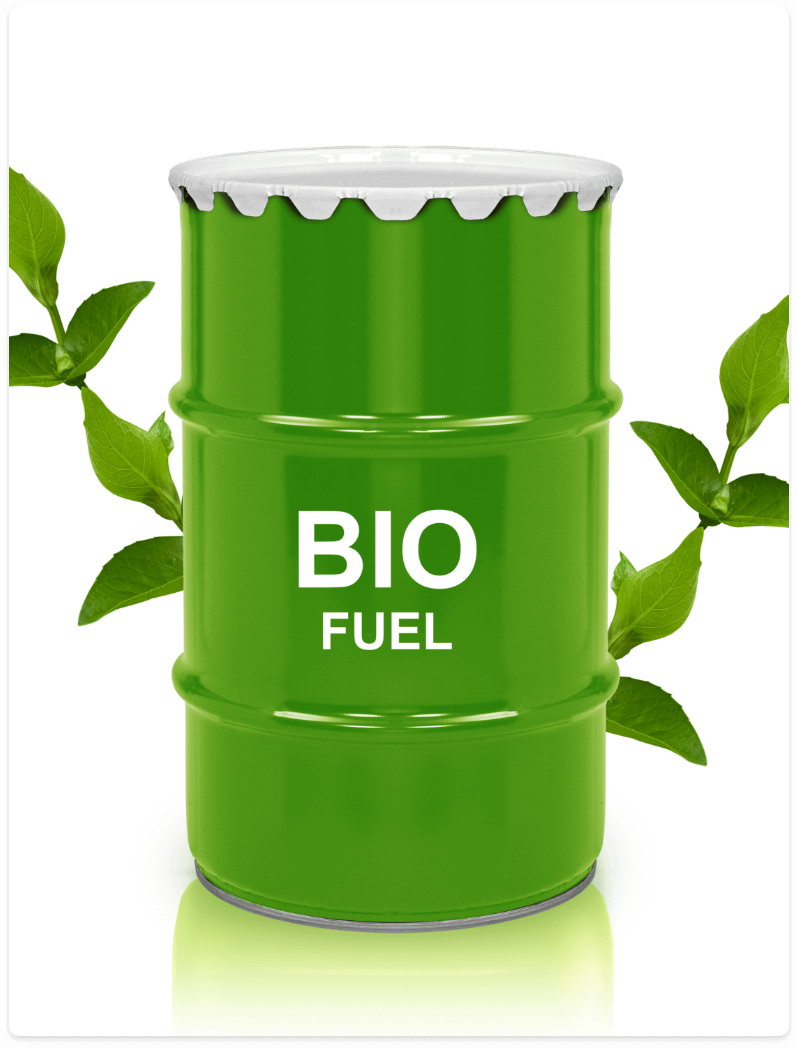
Our Solutions
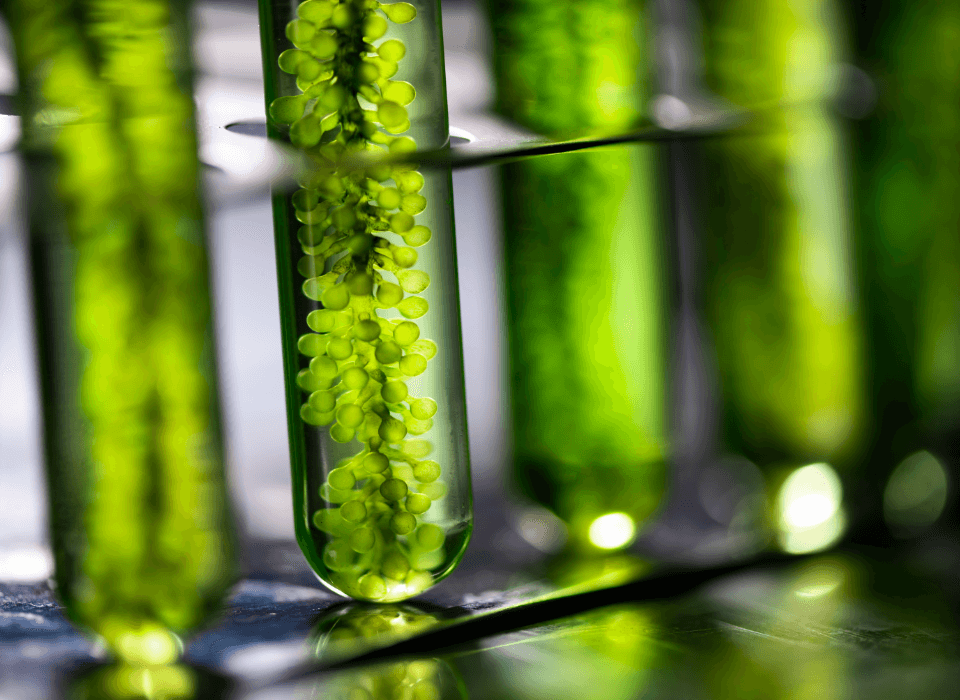
CELLULASE COMPLEX ENZYMES
Our specialised cellulase complex enzymes formulation can be utilised for producing fermentable sugars from cellulosic material.

Multi Enzymes
Complex

Applicable To
Various Feedstocks

Accelerates SSF
Process

Multi Enzymes Complex

Applicable To Various Feedstocks

Accelerates SSF Process
BOOSTER
Multi enzymes booster to hydrolyse components of pre-treated Biomass

Higher bioethanol yield

Increased fermentable sugars

Useful for various non-food biomass

Multi Enzymes Complex

Applicable To Various Feedstocks

Accelerates SSF Process

Related Articles
Enhancing Efficiency: Using Enzymes to Optimize Malt Extraction
The brewing industry has always been at the forefront of innovation, constantly exploring avenues to improve the production and quality of beverages. One of the focal areas of this quest for improvement lies in the efficient extraction of malt. In recent years, a...
What Are The Different Types of Enzymes for Reducing BOD and COD Levels?
It is a common misconception that water doesn't have oxygen. In reality, water does contain oxygen - in dissolved form. Going back to the chemistry class, the chemical formula of water is H2O, where H is hydrogen and O stands for oxygen. Though oxygen isn't a...
Enzymes Used in Treatment for Wastewater
Water like air is one of the necessities for humans and other living organisms alike. Without water, we cannot function. It is even projected that the third world war may be fought over water resources. Our water reservoirs including rivers, perennial or seasonal...
QUICK LINKS
HOME
ABOUT
CERTIFICATIONS
BLOGS
MEDIA
CAREERS
FAQs
CONTACT
PRODUCTS
© 2024, Infinita Biotech Private Limited. All rights reserved.
Designed by Kerkar Media

